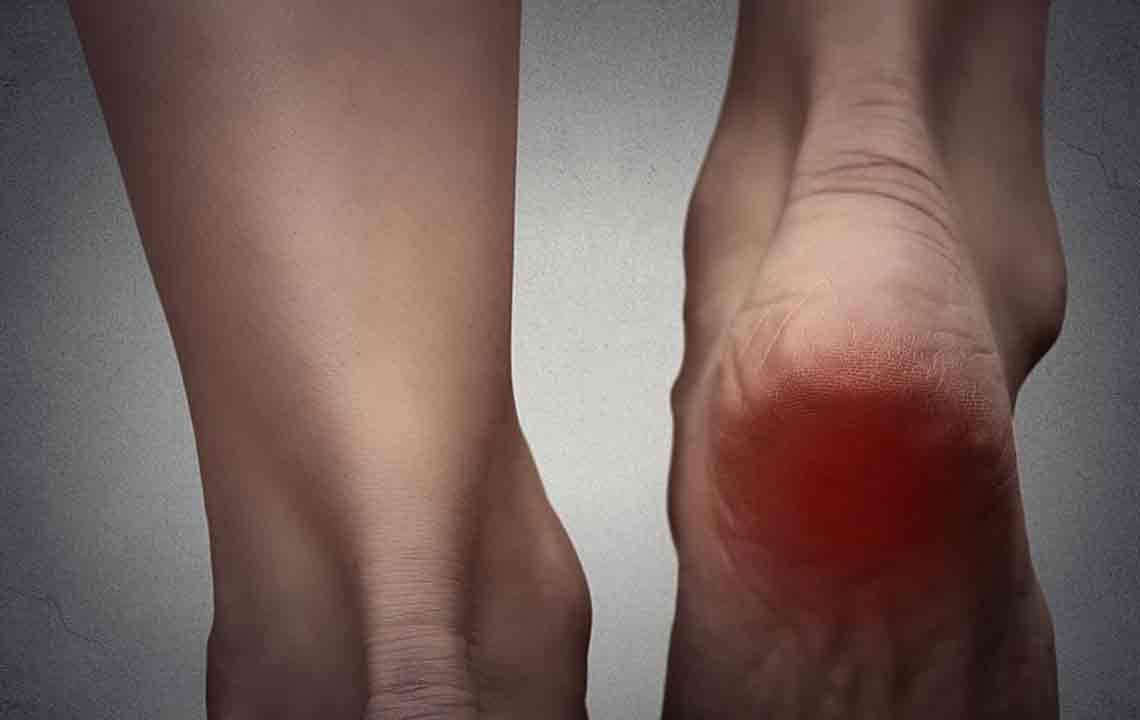Comprehensive Guide to Managing and Preventing Gout for Better Health
This comprehensive guide covers effective strategies for managing and preventing gout. It emphasizes immediate treatment options like NSAIDs and corticosteroids, along with lifestyle modifications and medication adherence to prevent future attacks. The article offers valuable insights into both acute management and long-term prevention, helping sufferers improve their quality of life while avoiding serious health issues related to gout.

Comprehensive Guide to Managing and Preventing Gout for Better Health
Gout is a painful form of arthritis caused by the accumulation of uric acid crystals in joints. If not managed properly, it can lead to persistent pain, joint damage, or even kidney complications. Effectively managing gout involves both immediate treatment during flare-ups and adopting long-term strategies to prevent future attacks. Understanding the best treatment options and lifestyle changes is essential for individuals suffering from gout to improve their quality of life and safeguard their health.
Proper gout management requires collaboration with healthcare professionals to develop a personalized plan that addresses acute symptoms and reduces recurrence risks. This comprehensive approach encompasses medication use, dietary modifications, hydration, stress management, and routine medical monitoring. Implementing these strategies consistently can help you live comfortably while minimizing the negative impact of gout on your daily activities.
Immediate Relief During Gout Attacks
When a gout attack occurs, prompt treatment is crucial to manage pain and inflammation effectively. Several medications are commonly prescribed by healthcare providers to rapidly address symptoms and clear the way for recovery:
NSAIDs (Nonsteroidal Anti-Inflammatory Drugs)
NSAIDs such as ibuprofen, naproxen, and indomethacin are the first line of defense during early gout symptoms. They work by reducing inflammation and alleviating pain within the first 24 hours of attack.
Colchicine
This plant-derived medication is most effective when taken early during a gout attack, often within the first 24 hours. It helps diminish inflammation and reduces pain and swelling.
Corticosteroids
Doctors may administer corticosteroids through injections directly into affected joints or prescribe oral steroids like prednisone. Starting treatment within 24 hours of symptom onset is ideal for optimal results.
Supporting Measures During an Attack
Rest, Hydration, and Elevation
Getting adequate rest, drinking plenty of water, elevating the inflamed joint, and reducing stress are essential during a gout attack. These measures promote faster healing and help reduce the severity of symptoms.
Medical Consultation
Consulting your healthcare provider promptly during an attack ensures proper management of uric acid levels and helps prevent complications or recurrent episodes.
Long-term Strategies to Prevent Gout Recurrence
While acute treatments help manage symptoms, long-term prevention involves lifestyle changes and ongoing medication regimens designed to lower uric acid levels and reduce attack frequency:
Diet and Lifestyle Modifications
Maintaining a healthy weight, avoiding foods high in purines such as red meats, shellfish, and sugary drinks, and limiting alcohol consumption are crucial steps. Incorporating a balanced diet rich in vegetables, whole grains, and low-fat dairy can significantly decrease gout risk.
Preventive Medication Use
Prescribed drugs like Allopurinol, Febuxostat, Lesinurad, Probenecid, and Pegloticase effectively lower uric acid levels in the blood. During the initial months of treatment, doctors often recommend using colchicine or NSAIDs to prevent flare-ups.
Addressing Tophi and Crystal Deposits
In cases where tophi—firm uric acid crystal nodules—form, medications such as xanthine oxidase inhibitors can reduce their size and discomfort, improving joint health and function.
Additional Tips for Gout Management
Beyond medication and diet, certain lifestyle adjustments can profoundly influence gout control. Engaging in regular, moderate physical activity, avoiding excessive alcohol consumption, and ensuring adequate hydration are key factors. Additionally, routine monitoring of uric acid levels through medical tests can help tailor treatments to individual needs, ensuring optimal management.
In conclusion, managing gout effectively requires a proactive and holistic approach. Early intervention during flare-ups combined with long-term lifestyle changes and medication adherence significantly reduces symptoms and prevents future attacks. With proper care and support, individuals with gout can maintain a good quality of life and prevent serious health complications associated with this condition.





